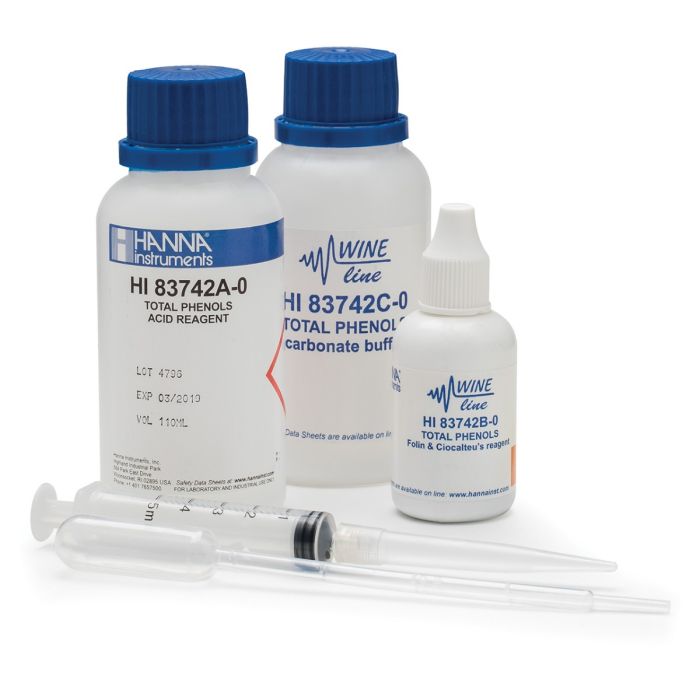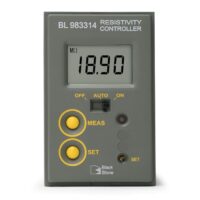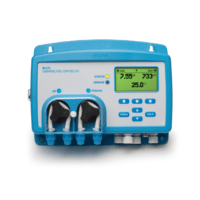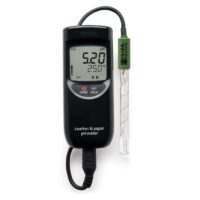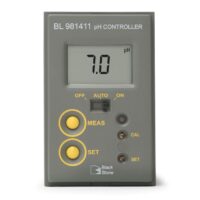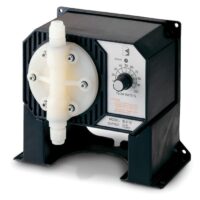The HI83742-20 are high quality reagents that are pre-measured, allowing for users to achieve fast and accurate colorimetric measurements. These reagents follow a method in which the reaction between phenols and reagents causes a blue tint in the sample. The reaction between phenols and the Folin-Ciocalteu reagent involves oxidation of the phenolic groups (R- OH) with a mixture of phosphotungstenic acid (H3PW12O40) and phosphomolybdenic acid (H3PMo12O40) to the quinoid form (R=O). The concomitant reduction of the Folin-Ciocalteu reagent causes a blue color in the sample that is proportional to the total phenolic content that, in turn, is expressed as g/L of Gallic Acid Equivalents (GAE). Another common method to express the phenol content is to report the Folin Index (FI) or Total Phenol Index. Simply multiply the read value in g/L of GAE times 25, to find the Folin Index value. These reagents are designed to be used with samples that have an expected range of 0.00 to 5.00 g/L phenols.
Phenolic compounds are important for several reasons since they (i) affect the color of the wine, (ii) have an astringent taste, (iii) may case pungent odor, (iv) are a source of oxygen reduction, and (v) are sources of browning substances. Wine can contain a large variety of phenolic compounds and with traditional analytical techniques it is difficult to distinguish between total phenols and specific phenols. Although some progress has been made with high performance liquid chromatography (HPLC), the most common analyses for total phenols remain the reaction of phenolic substances with the Folin-Ciocalteu reagent. Other methods like the direct spectrophotometric determinations are less accurate, because of difference in specific molar absorptivity, and color present of non-phenolic substances.
All prices are inclusive of GST and not all items are stock items, if you require an immediate solution please send an email to sales@hannainst.com.au or call us on (03) 9769 0666.
Free standard delivery: We offer free delivery within Australia on orders over $100, typically arriving within 5 to 7 days. Delivery times may vary depending on the courier service and the recipient's location. Free shipping is not available with other offers or discounts.
Same-day despatch: Place your order before 1 PM Monday to Friday for same-day despatch. Delivery times may vary depending on the courier service and the recipient's location. Subject to stock availability.
Please note that we do not offer shipping to PO Box addresses.
